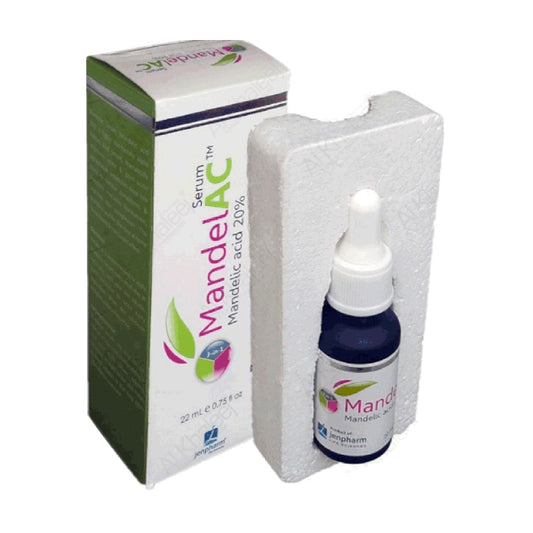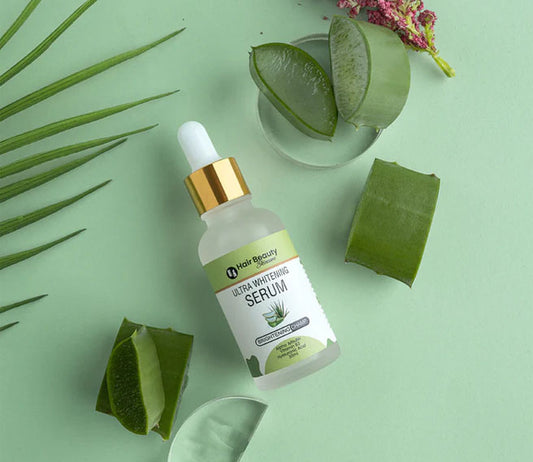Collection: Whitening Serum
-
Lavilin Whitening Serum
Regular price Rs.2,430.00 PKRRegular priceUnit price / perRs.2,700.00 PKRSale price Rs.2,430.00 PKRSale -
Liplite Pink Lips Balm
Regular price Rs.902.00 PKRRegular priceUnit price / perRs.1,003.00 PKRSale price Rs.902.00 PKRSale -
Bio One Vitamin C Serum
Regular price Rs.2,205.00 PKRRegular priceUnit price / perRs.2,450.00 PKRSale price Rs.2,205.00 PKRSale -
 Sale
SaleAcnex Acne Serum
Regular price Rs.1,161.00 PKRRegular priceUnit price / perRs.1,290.00 PKRSale price Rs.1,161.00 PKRSale -
 Sale
SalePiligrow Hair Spray
Regular price Rs.850.00 PKRRegular priceUnit price / perRs.900.00 PKRSale price Rs.850.00 PKRSale -
 Sale
SaleEyeNex Serum
Regular price Rs.1,395.00 PKRRegular priceUnit price / perRs.1,550.00 PKRSale price Rs.1,395.00 PKRSale -
 Sale
SaleLavilin Acne Serum
Regular price Rs.2,160.00 PKRRegular priceUnit price / perRs.2,400.00 PKRSale price Rs.2,160.00 PKRSale -
Mandelac Serum
Regular price Rs.1,598.00 PKRRegular priceUnit price / perRs.1,398.00 PKRSale price Rs.1,598.00 PKR -
Ultra Whitening Serum
Regular price Rs.1,305.00 PKRRegular priceUnit price / perRs.1,450.00 PKRSale price Rs.1,305.00 PKRSale -
 Sale
SaleLumexa Serum
Regular price Rs.1,888.00 PKRRegular priceUnit price / perRs.2,098.00 PKRSale price Rs.1,888.00 PKRSale -
 Sale
SaleLavilin Hair Serum
Regular price Rs.2,520.00 PKRRegular priceUnit price / perRs.2,800.00 PKRSale price Rs.2,520.00 PKRSale -
 Sale
SaleMelona I Serum
Regular price Rs.2,113.00 PKRRegular priceUnit price / perRs.2,348.00 PKRSale price Rs.2,113.00 PKRSale -
Melona-C Vitamin Serum
Regular price Rs.2,973.00 PKRRegular priceUnit price / perRs.3,304.00 PKRSale price Rs.2,973.00 PKRSale -
Lavida Retinol Intense Serum
Regular price Rs.2,070.00 PKRRegular priceUnit price / perRs.2,300.00 PKRSale price Rs.2,070.00 PKRSale -
Lavida Mandelic Acid Serum
Regular price Rs.2,025.00 PKRRegular priceUnit price / perRs.2,250.00 PKRSale price Rs.2,025.00 PKRSale

















